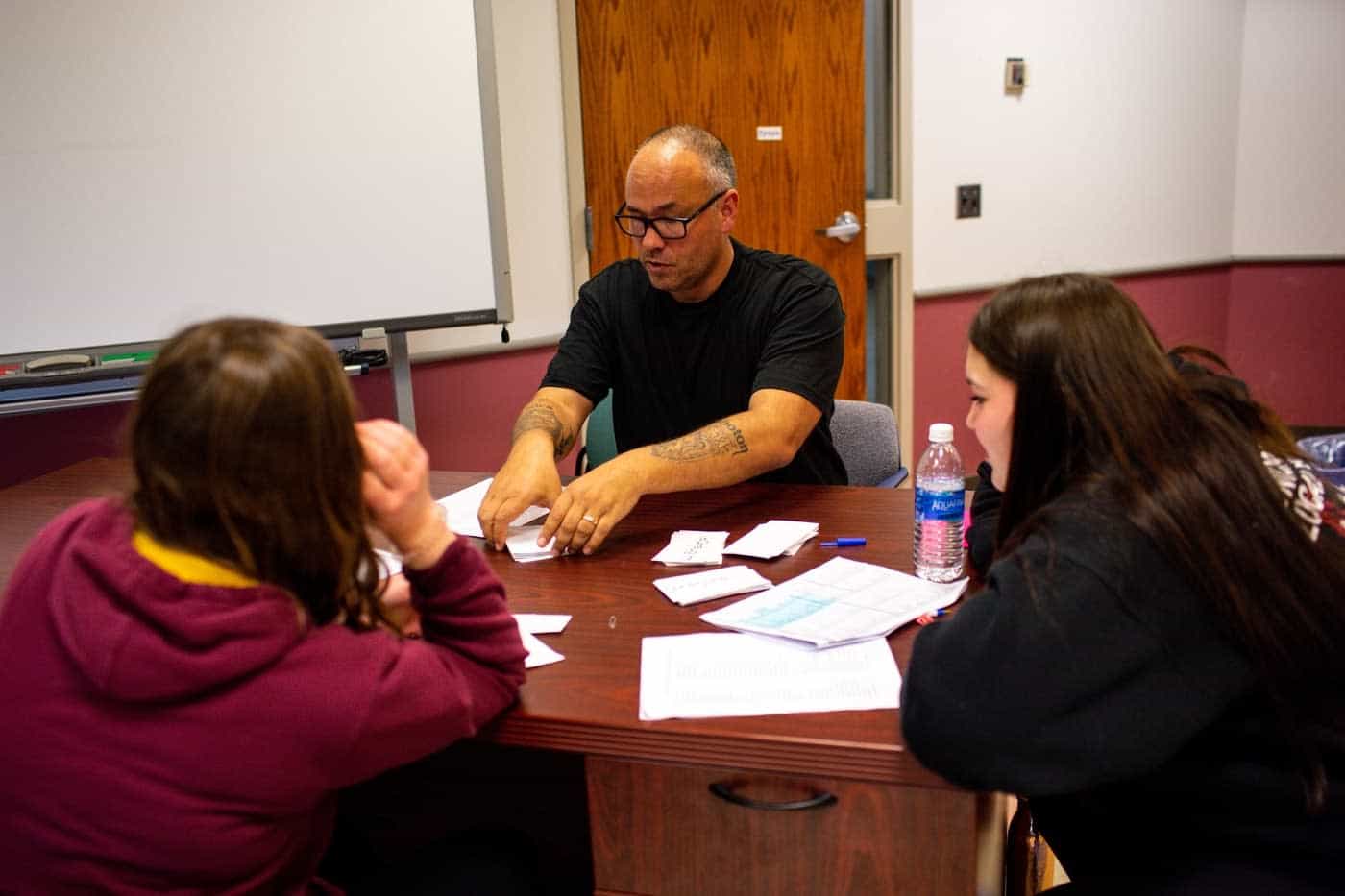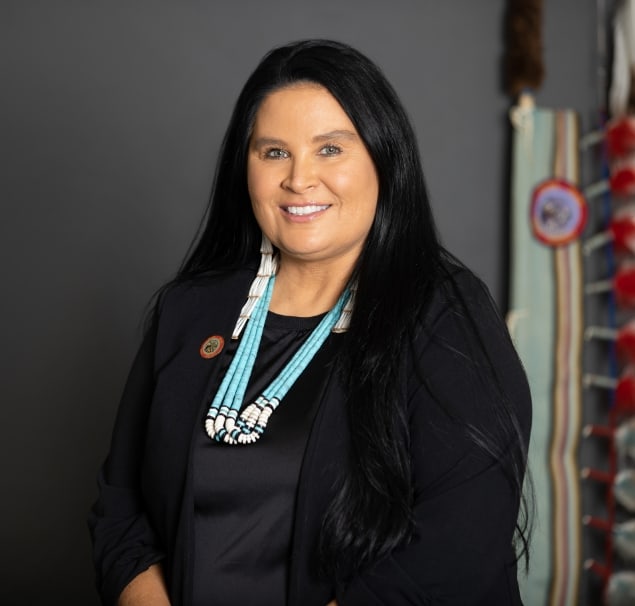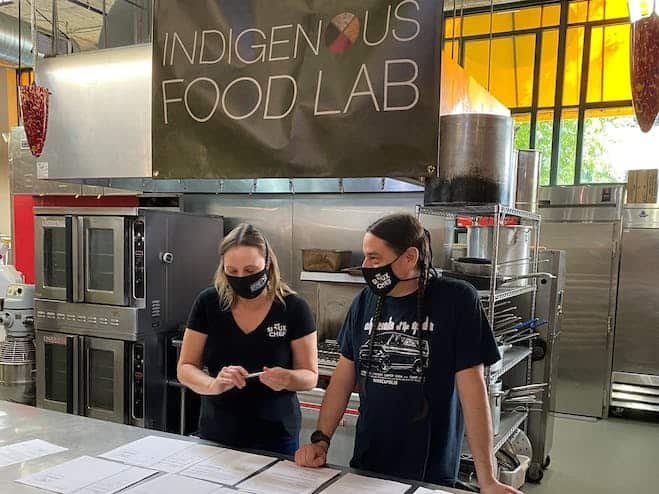Progress for Native People
Due to broken treaties and failed U.S. federal policies, many Native communities have lived below Federal poverty lines for more than a century. Tribal enterprises, including gaming, provide revenue that allows tribal governments to support their people and communities. Tribes use their gaming revenues for housing, education, health care, courts and law enforcement, emergency services, roads, water and sewer systems, social services, business development, and cultural preservation. Gaming revenues allow Minnesota’s tribes to diversify their economies beyond gaming enterprises to include hotels, golf courses, radio stations, fisheries, museums and more. While some tribes have made significant progress because of Indian gaming, most reservations still have high rates of poverty, unemployment and disease
Minnesota’s Indian gaming enterprises protect and promote the progress of Minnesota's tribes by:
- Reversing poverty and providing for tribal members’ health, education and housing
- Ensuring tribal sovereignty - the inherent right of a tribal nation to govern itself
- Funding programs and efforts to preserve Native cultures
See how Indian gaming supports progress for Native people every day:

Prairie Island Indian community preserves Dakota language
In partnership with the Red Wing School District, the Prairie Island Indian Community has established Dakota language classes at Red Wing High School. Prairie Island Indian Community Members participated in the Minnesota Indian Education Association Dakota language bowl, where they compete against four other teams of native speakers from around the state.


Shakopee Mdewakanton Sioux Community supports Indigenous Food Lab in Minneapolis

